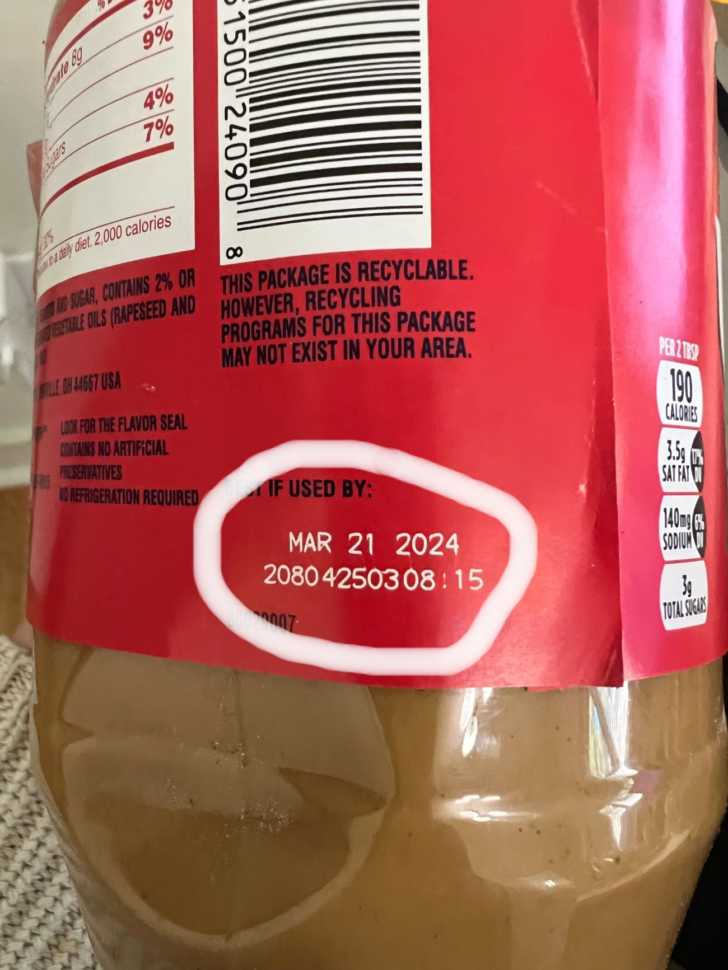Could your kitchen be harboring dangerous produce? A recent salmonella scare has prompted the recall of tomatoes across 11 states, including Ohio. This alarming situation highlights the importance of vigilance when it comes to food safety. Bold action is required from both consumers and producers to ensure that such incidents do not escalate into public health crises.
The recall involves specific brands of tomatoes that have been identified as potentially contaminated with salmonella bacteria. The affected products include various sizes and packaging formats, ranging from 5x6 25lb crates to XL 18lb loose tomatoes. Consumers are urged to check their purchases carefully against the list provided by authorities. If any recalled items are found in households, they should be discarded immediately to prevent illness. Furthermore, thorough handwashing after handling these products is recommended.
| Product Information | Details |
|---|---|
| Brand Name | Various (see recall notice) |
| Recall Date | May 2023 |
| Affected States | Ohio, Pennsylvania, North Carolina, Indiana, Florida, and others |
| Contaminant | Salmonella bacteria |
| Source | FDA Official Website |
An Indiana-based company initiated the voluntary recall after detecting potential contamination in its supply chain. Salmonella poses significant health risks, particularly to vulnerable populations such as young children, elderly individuals, and those with compromised immune systems. Symptoms of infection can include nausea, vomiting, diarrhea, fever, and abdominal cramps. In severe cases, hospitalization may be necessary.
Florida's Big Red Tomato Packers also joined the recall effort, withdrawing nearly 20,000 pounds of fresh tomatoes distributed across six states. Their proactive approach underscores the critical role of corporate responsibility in safeguarding consumer health. Both companies have assured customers that all necessary measures are being taken to address the issue at its source and prevent future occurrences.
In Pennsylvania, two separate tomato retailers issued recalls following concerns about salmonella contamination. H&C Farms, one of the implicated suppliers, confirmed that its products had tested positive for the harmful bacteria. Wholesalers in multiple states were alerted promptly, enabling swift removal of the affected goods from store shelves. Such coordinated efforts between manufacturers and regulatory bodies exemplify best practices in crisis management.
The FDA continues to monitor the situation closely, issuing updates as new information becomes available. Retailers and distributors are encouraged to remain vigilant and adhere strictly to guidelines designed to protect public health. For consumers, staying informed remains key. Regularly checking official announcements and cross-referencing them with purchased items ensures peace of mind during uncertain times.
This incident serves as a stark reminder of the complexities involved in maintaining food safety standards. From farm to table, every link in the supply chain must operate with transparency and accountability. As investigations progress, stakeholders will undoubtedly scrutinize existing protocols and explore opportunities for improvement. Ultimately, fostering trust between producers and consumers hinges on unwavering commitment to quality assurance and risk mitigation strategies.
While the current focus rests on addressing the immediate threat posed by contaminated tomatoes, broader implications warrant consideration. How might advancements in technology enhance traceability and reduce vulnerabilities within global food networks? What lessons can be gleaned from this episode to inform policy development and industry best practices moving forward? These questions invite thoughtful reflection and collaborative dialogue among experts spanning diverse fields.
For now, however, priority lies in ensuring that no further harm comes to unsuspecting families who rely daily on seemingly innocuous staples like fresh produce. By working together—whether through regulation enforcement, education campaigns, or innovative solutions—we can strive toward a safer, more resilient food system capable of meeting society's evolving needs while safeguarding human health worldwide.



